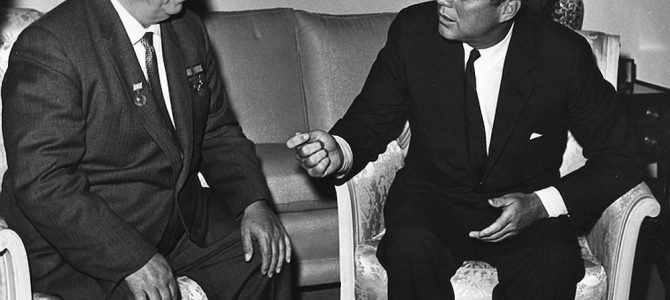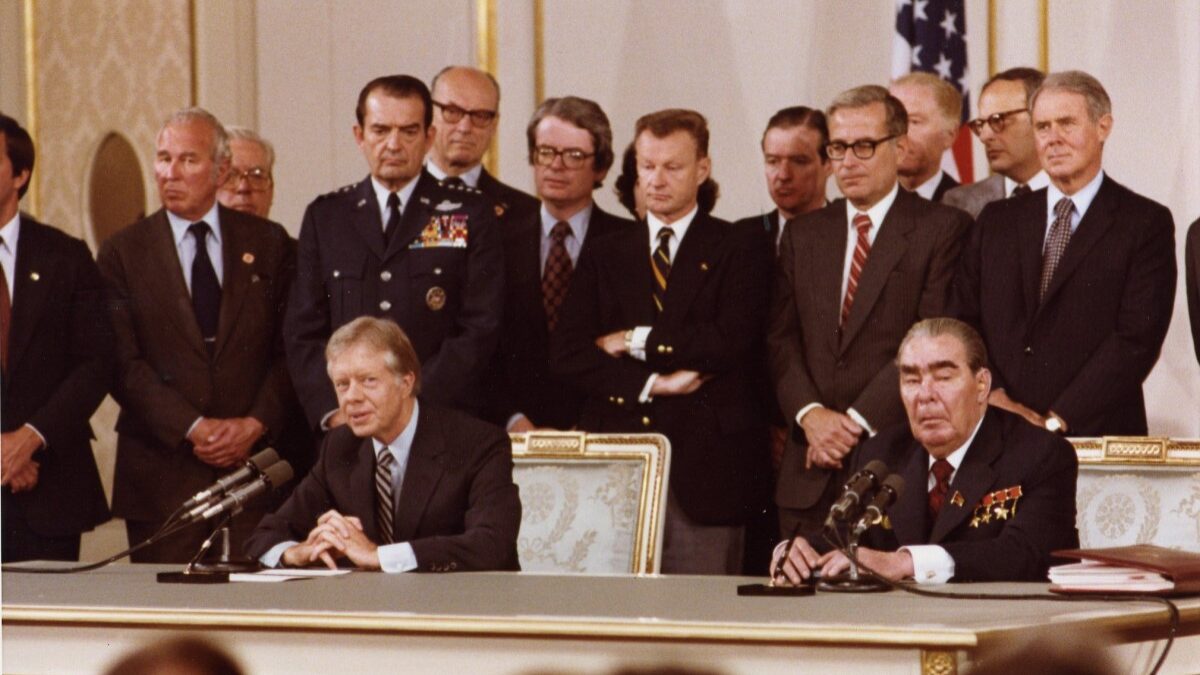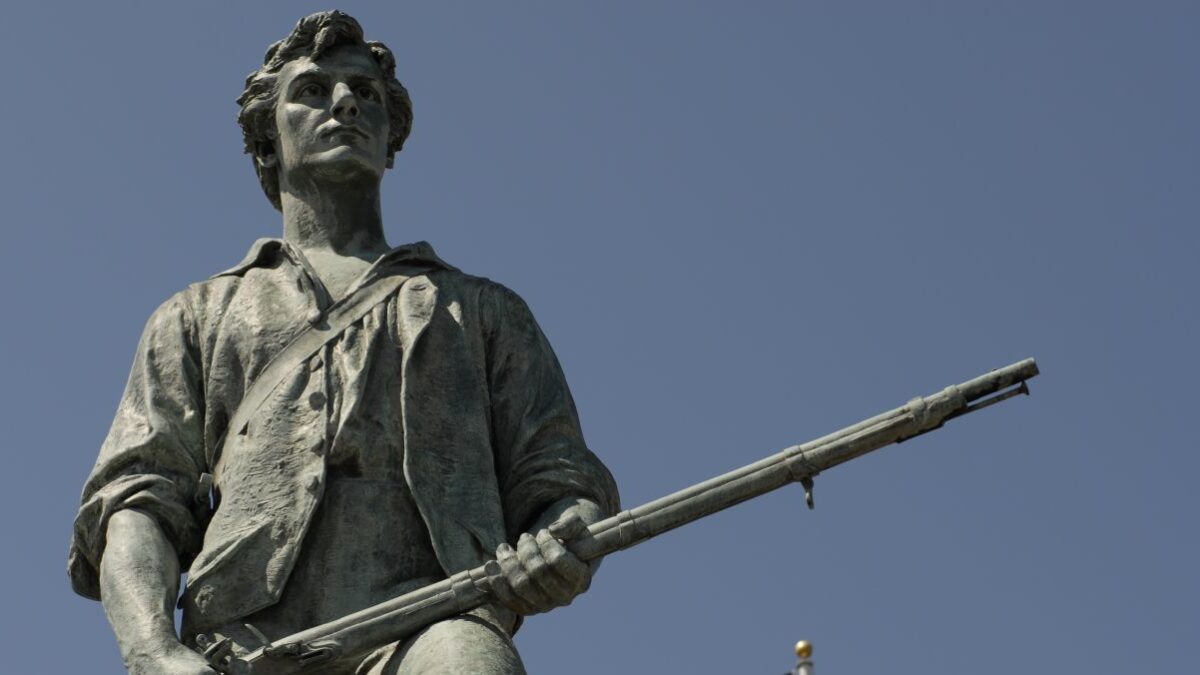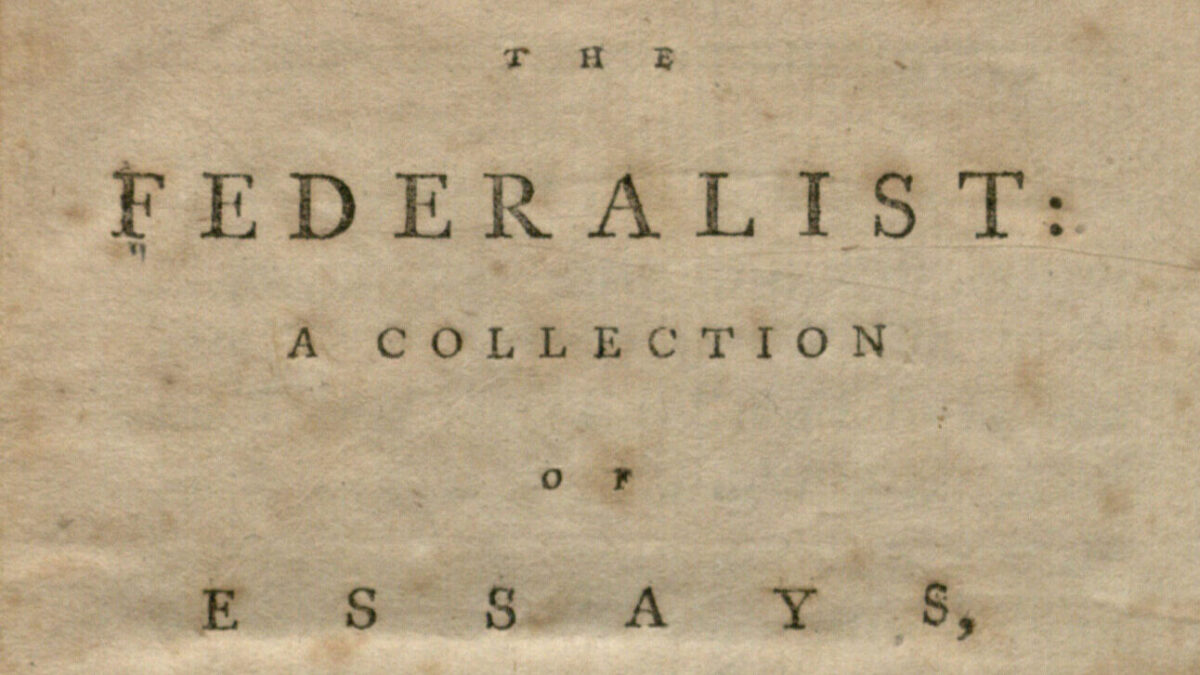
If you see the abysmal state of the country and the world beyond it, and have been looking for an explanation but can’t find it, it’s not your fault. If you have bought into the simplistic explanation that conservatives and Republicans are to blame for racism, poverty, and wars, and are perplexed that these things have gotten worse during the last eight years of a liberal Democrat president, don’t blame yourself.
The cultural elite overwhelmingly associates liberals with enlightenment and progress and conservatives with intolerance and obsolescence, and it does so usually without you knowing it. This fact, rather than any ignorance on your part, goes a long way in explaining why your knowledge base seems inadequate. One person who was instrumental in giving the intelligentsia class its polarized, politicized knowledge paradigm was the notable historian Arthur Schlesinger Jr., whose ninety-ninth birth date anniversary is October 15.
Schlesinger was born on October 15, 1917. He was the son of Arthur M. Schlesinger, who was a 30-year professor at Harvard University up to his retirement in 1954. Both father and son were founders of the Massachusetts chapter of the Americans for Democratic Action, an activist organization that favors social and political change according to cooperativist assumptions. He was a speechwriter and adviser for various Democrat presidential campaigns, and served as a special assistant in the Kennedy administration.
The President Who Can Do No Wrong
Schlesinger’s books include “A Thousand Days,” which won a Pulitzer Prize in 1966, and “The Imperial Presidency.” The books are noteworthy for the political treatments of their subject matter: in the former one party and its president can do no wrong, and in the latter the other party and its president can do no right.
First published in 1965, “A Thousand Days” sees John F. Kennedy as a man who “cared less about the clash of abstractions than about the practical problems of living on the same planet with a great and powerful despotism, ambitious enough to seize all it could but sober enough not to wish to blow up the world.”
Kennedy was a “man of unusual intelligence,” alternately intense, cool, energetic, and reserved when circumstances required. Dwight David Eisenhower, on the other hand, was an unwelcome interlude between the Roosevelt-Truman administrations and the Kennedy administration. The author calls Eisenhower “indifferent and passive,” and his secretary of State, John Foster Dulles, an ideological man who thought of free enterprise as God-anointed and communism as an unrelenting evil.
The next Republican president after Eisenhower was Richard Nixon, and the theme of “The Imperial Presidency” is that Nixon extended executive branch power far beyond what Article II of the U.S. Constitution and the standards of his predecessors would allow. Nixon, Schlesinger contends, “displayed more monarchical yearnings than any of his predecessors.”
He possessed, as no other man before him, “an urgent psychological need for exemption from the democratic process,” and this need came to him as the result of “compulsive internal drives – a sense of life as a battlefield, a belief that the nation was swarming with personal enemies, a flinching from face-to-face argument, an addiction to seclusion, a preoccupation with response to crisis, an insistence on a controlled environment for decision.”
An Ideological Explanation for This Dichotomy
Discourse in the polarized style is famously described by Saul Alinsky, a contemporary of Schlesinger’s. In “Rules for Radicals,” which came out in 1971, Alinsky described the polarized style being as part of an ideology for change, one that challenges the status quo and sets up an alternative to it. People need to act to make the cooperativist ideal seem real, Alinsky says, and the man of the intelligentsia class—the journalist, the filmmaker, the scholar—does this through his words.
Alinsky said the advocate must set up Good against Evil in his discourses: “Before men can act,” he wrote, “an issue must be polarized. Men will act when they are convinced that their cause is 100 percent on the side of the angels and that the opposition are 100 percent on the side of the devil.”
The purpose of the political, polarized style is to change the nation and, ultimately, the world. We live in a world of individualism and self-interest, the advocate says. This is unfortunate, because, according to him, men think and speak in terms of compassion and community.
We have the instinct for what is right, progressivism contends, and we also have the principles that tell us what is right. All we need is a consciousness for equality, justice, and peace, and a commitment to making the principles real. We want a world that orients toward the common good, and whether we get this world depends upon whether in our descriptions of things we favor the forces who also want it, and de-legitimize the forces who are the obstacles to it.
We Create Reality With Our Words; So Let’s Lie
Schlesinger’s successors today want to organize for power. Accumulating power involves creating friction between people and institutions, but that is alright because there is no other way for society to move forward toward the ideal advocates say is best for humanity. Observers outside of the progressive consciousness criticize advocates for being pessimistic, but the opposite is actually the case: the activists’ fight—and they do consider it a fight—is for the future and what they consider a better world, which is a more cooperativist world.
Conservative observers also criticize the polarized style as being non-rational, but the progressive consciousness sees the future as being brought about precisely through the conflict of opposites. Progressives know the polarized style when they see it, and they take it for the instrument of cognitive persuasion that it is.
Although President Obama could fit into Schlesinger’s description of an imperial president, no progressive will ever talk of him in these terms. Although Obama’s and his Secretary of State John Kerry’s foreign policy of internationalism could fit into Schlesinger’s description of an ideological foreign policy, no progressive will ever mention this, either.
What is surprising is that so many independent and conservative commentators can think of Obama as a conventional American president. Despite seeing the polarized style at play in discourse over and over again, more than a few observers situated outside of the progressive consciousness prefer to see politicized analyses as matter-of-fact, and enjoy discussing them as though they are real.
Instead of being unnecessarily perplexed by the world and blaming themselves for not being able to see things clearly, conservatives should recognize the polarized style when they see it, and highlight it for what it is. In this they might not be made more comfortable—knowing that the intelligentsia class is trying to get the public to vote in a certain way by using a psychological persuasive technique to do it—but at least they’ll know what is happening.









